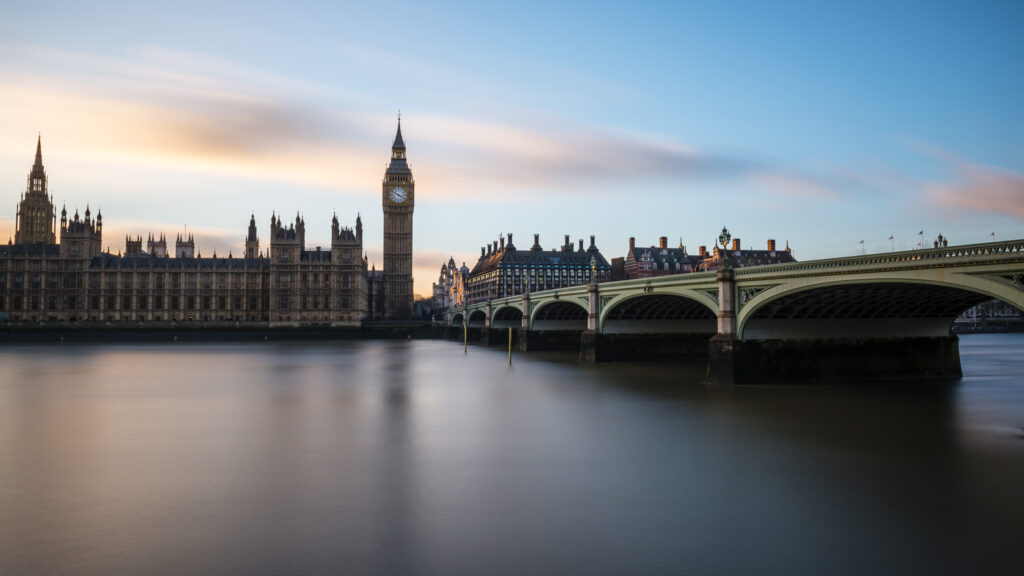The British Chambers of Commerce (BCC) and the Resolution Foundation (RF) have both advocated for the government to provide further support for businesses and vulnerable families amid “unprecedented” energy bills.
The BCC has called on the government to implement a five-point plan in order to offer businesses immediate support amid rising wholesale gas prices. This has been outlined in an open letter to the Prime Minister, Chancellor of the Exchequer and both leadership candidates for the Conservative party.
The five-point plan aims to incorporate measures that can support businesses throughout the rise in energy bills. This includes giving Ofgem more power to strengthen regulation of the energy market for businesses.
Providing further power to Ofgem could be a controversial move with the energy regulator having been deemed “incompetent as the regulatory authority” according to a new report from the Department of Business, Energy and Industrial Strategy (BEIS) select committee.
Christine Farnish also stepped down as non-executive director of Ofgem in protest at the government’s lack of response to the country’s crippling energy crisis.
Other aspects of the five-point plan includes a temporary cut in VAT to 5% to reduce energy costs for businesses, Covid-style support by introducing Government Emergency Energy Grant for SMEs, temporarily reverse NICs and put money back into the pockets of businesses and workers and for the Government to immediately review and reform the Shortage Occupation List (SOL) to help bring down wage pressures and fill staffing vacancies.
“At over 10%, CPI inflation is at a 40-year high; interest rates are seeing the largest increase in 27 years; and eye watering energy bills have created a perfect storm of increasing costs,” said Shevaun Haviland, director general of the BCC.
“The impact of these challenges on consumers, businesses and wider society cannot be overstated. Consumer confidence reported at a 50-year low, and the Bank of England’s projections of a year-long recession, demonstrates that the cost-of-living crisis and the cost-of-doing-business crisis are two sides of the same coin.”
The RF has also released a report dubbed “A Chilling Crisis” suggesting typical energy bills will cost around £2,000 more this year than last year, an increase that could have severe consequences on vulnerable families.
Liz Truss’ plan to reverse the recent rise in National Insurance contributions “completely misses the target”, according to the RF, with the richest fifth of households set to gain twice as much in cash terms as the entire poorest half of households together.
In contrast to Sunak’s proposal to repeat targeted lump sum support, the extra £5 billion he has committed would be enough for another round of £650 payments for the 7.3 million households on means-tested benefits, helping to focus closer to where it’s needed most, says the RF.
Both candidates have been criticised by renewable energy organisations for their attack of solar farms in a recent hustings, after both suggested they took away from food security by taking up agricultural land.
The RF said that at a minimum, future payments should reflect household size, but a better approach would be for additional support to come via a new social tariff on energy bills for low-and-middle income households, including those not receiving benefits.
“A catastrophe is coming this winter as soaring energy bills risk causing serious physical and financial damage to families across Britain,” said Jonny Marshall, senior economist at the Resolution Foundation. “We are on course for thousands to see their energy cut off entirely, while millions will be unable to pay bills and build up unmanageable arrears.
“The new Prime Minister will need to think the unthinkable in terms of the policies needed to get sufficient support to where it’s needed most. Significant additional support should be targeted at those most exposed to rising bills and least able to cope with them and be watertight so that no-one falls through the cracks.
“But none of the proposals from the leadership candidates or the opposition parties currently do this,” Marshall concluded.






